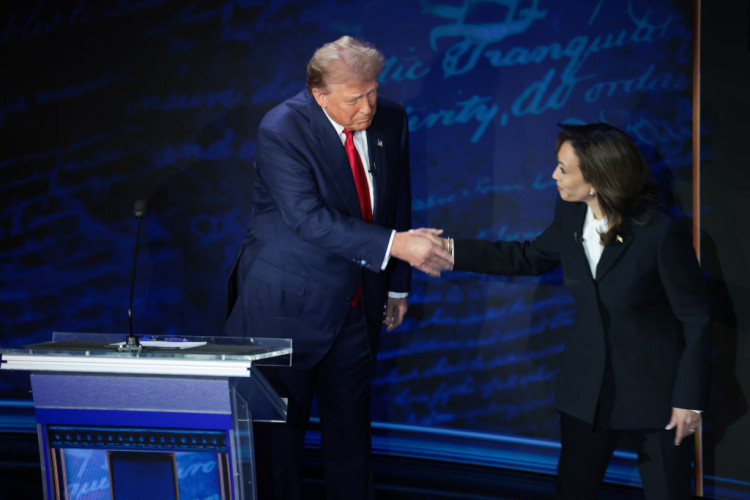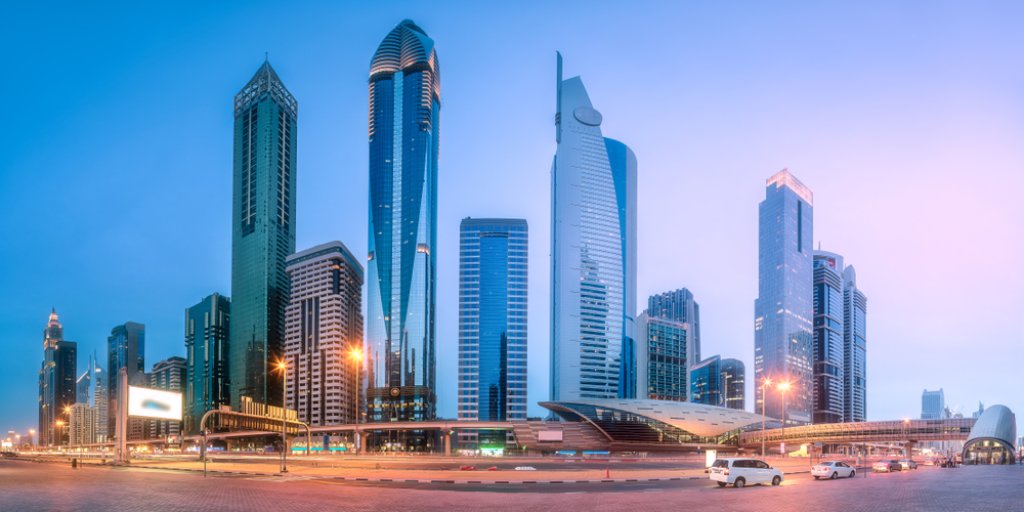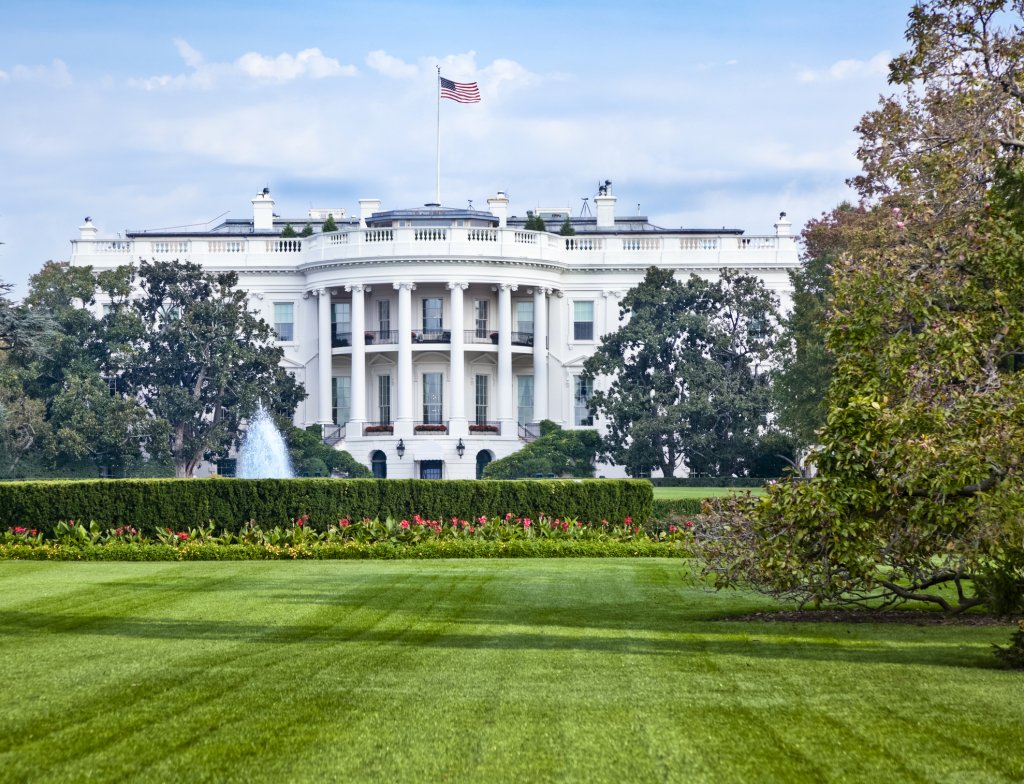In a historic moment for global democracy, 2024 stands as the most significant election year on record. Seventy-two countries will hold (or have already held) national elections, with nearly half the world's population — 3.7 billion people — participating in democratic processes, many for the first time. While every electoral contest this year, from Tbilisi to Taipei, carries significant weight, the US presidential race undoubtedly stands as the most consequential given America's overarching influence on global affairs, international security and financial markets.
However, the Middle East's perspective on this election reveals a notably different outlook to prior election cycles. Unfolding against a backdrop of unprecedented regional turmoil, the unique vantage point from Hanover Middle East’s office in Dubai, a city where East meets West, sees multiple perspectives on the US election.
A crossroads of regional dialogue – Dubai stands as a microcosm of Middle Eastern capitals and is the foremost multicultural hub of the Arab world. From here, insights span from Washington's policy chambers to the streets of Arab capitals, while business leaders and economists in the city's financial districts offer pragmatic assessments of future US-Middle East commercial relations. This creates a comprehensive view of how the upcoming US elections are perceived across different segments of society, business, and government.
At the government level, the region’s engagement with US elections reflects decades of deep institutional relationships. Particularly in the Gulf Cooperation Council (GCC), countries maintain extensive strategic partnerships with the United States that transcend individual administrations. These connections span defence cooperation, economic partnerships, and diplomatic engagement. But times are changing, as many countries including the United Arab Emirates and the Kingdom of Saudi Arabia prepare for various scenarios while expecting broad policy continuity — case in point: both countries joining BRICS earlier this year. Such decisions reflect the Middle East's evolving approach to US relations – maintaining strong institutional ties while developing increasingly independent positions on regional matters.
In the boardrooms of Dubai’s shiny high-rises, business leaders emphasize the importance of preparing for continuity rather than dramatic change. These number-crunching decisionmakers also acknowledge the need to adapt to a rapidly evolving global landscape, and this means embracing innovation, investing in new technologies, and diversifying their economies. Who sits in the Oval Office plays a significant role here because American policy decisions directly impact global technology transfer, international investment flows, and strategic partnership opportunities. With the GCC's ambitious economic transformation agendas, turbocharged by Saudi Arabia’s Vision 2030 diversification plans, riding on access to Western technology and capital markets, the region will watch closely for signals about future US positions on critical issues like semiconductor export controls, knowledge transfer agreements, and cross-border investment regulations.
But at ground level, the vocabulary is very different. Words like 'conflict,' 'regional tensions,' and 'civilian casualties' dominate discourse, replacing typical electoral rhetoric about economic policy or global trade. Many Dubai residents, as well as those in other cities across the GCC, maintain close connections with friends and family members across some of the region’s hardest hit areas, lending their concerns more to personal urgency than policy outlook. It’s about a conversation that centres on issues of survival, mental health, and the overall hope for a tomorrow that is better than it was yesterday. For a region grappling with such immediate security concerns and escalating hostilities, this reality sees a sceptical view of the upcoming US electoral process, whatever the outcome.
While the stark reality that decisions made in Washington, D.C. have immediate consequences for communities across this region, is well understood, it’s this sombre reality on the ground today that leads to the question of: will anything ever really change? In diplomatic circles, boardrooms, and public spaces alike across the Middle East, the common denominator is actually less on which candidate might win, but more on the fundamental question of whether any outcome could meaningfully alter the current trajectory of regional events, for the status quo puts Arab governments, and its people, in a precarious position and also affects the bottom line.
While in the past the long-term, bigger picture was the main concern of onlookers and observers in the Middle East of US politics and its changing of the guard, the status quo sees a shift in gaze to the short-term, smaller picture. What matters most now, at all levels of society in the Arab World, is which candidate can deliver meaningful change, forge a path to lasting peace, and foster genuine partnerships with regional stakeholders. Yet, experience shows these campaign-season aspirations often remain unfulfilled, regardless of who takes the oath of office.
Will it be different this time around?








